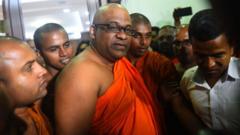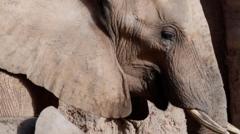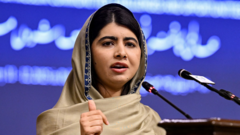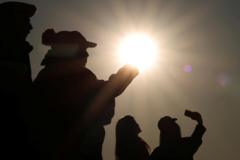Galagodaatte Gnanasara, a hardline Buddhist monk and ally of former President Gotabaya Rajapaksa, has been sentenced to nine months in prison for his derogatory comments towards Islam, marking a significant move against hate speech in Sri Lanka.
Controversial Monk Sentenced to Nine Months for Inciting Religious Hatred in Sri Lanka

Controversial Monk Sentenced to Nine Months for Inciting Religious Hatred in Sri Lanka
A prominent Buddhist nationalist faces consequences for inflammatory remarks against Islam made in 2016.
Galagodaatte Gnanasara, the 2016 media statements condemning Islam have led to a nine-month prison sentence, a rarity for Buddhist monks in Sri Lanka. Convicted by the Colombo Magistrate's Court, the case revisits accusations against Gnanasara, who has a history of inflammatory speech and violence targeting Muslim communities.
The court's ruling on Thursday highlighted the constitutional right to freedom of belief for all citizens, irrespective of their religious identities. In addition to the prison sentence, Gnanasara received a fine of 1,500 Sri Lankan rupees (approximately $5), with the stipulation that failure to pay would extend his prison term by an additional month.
Gnanasara is seeking to appeal the sentence; however, his lawyers were denied bail during the process. This conviction marks a notable contrast to his previous presidential pardons, including one in 2019 that reduced a six-year sentence related to intimidation and contempt of court.
He was arrested in December 2022 for these comments from six years prior, reflecting ongoing tensions surrounding ethnic and religious discourse in Sri Lanka. His connection with the former president, who resigned amidst a nationwide economic crisis, raises questions about the political undercurrents driving such cases.
Past legal issues also haunt Gnanasara, including a 2018 conviction for contempt of court and harassment of a political cartoonist's wife. The monk had served just nine months of a six-year sentence before receiving a conditional pardon from a then-president amid widespread unrest.
As political and social tensions continue in Sri Lanka, this ruling serves as a potential turning point in addressing religious intolerance within the nation.



















